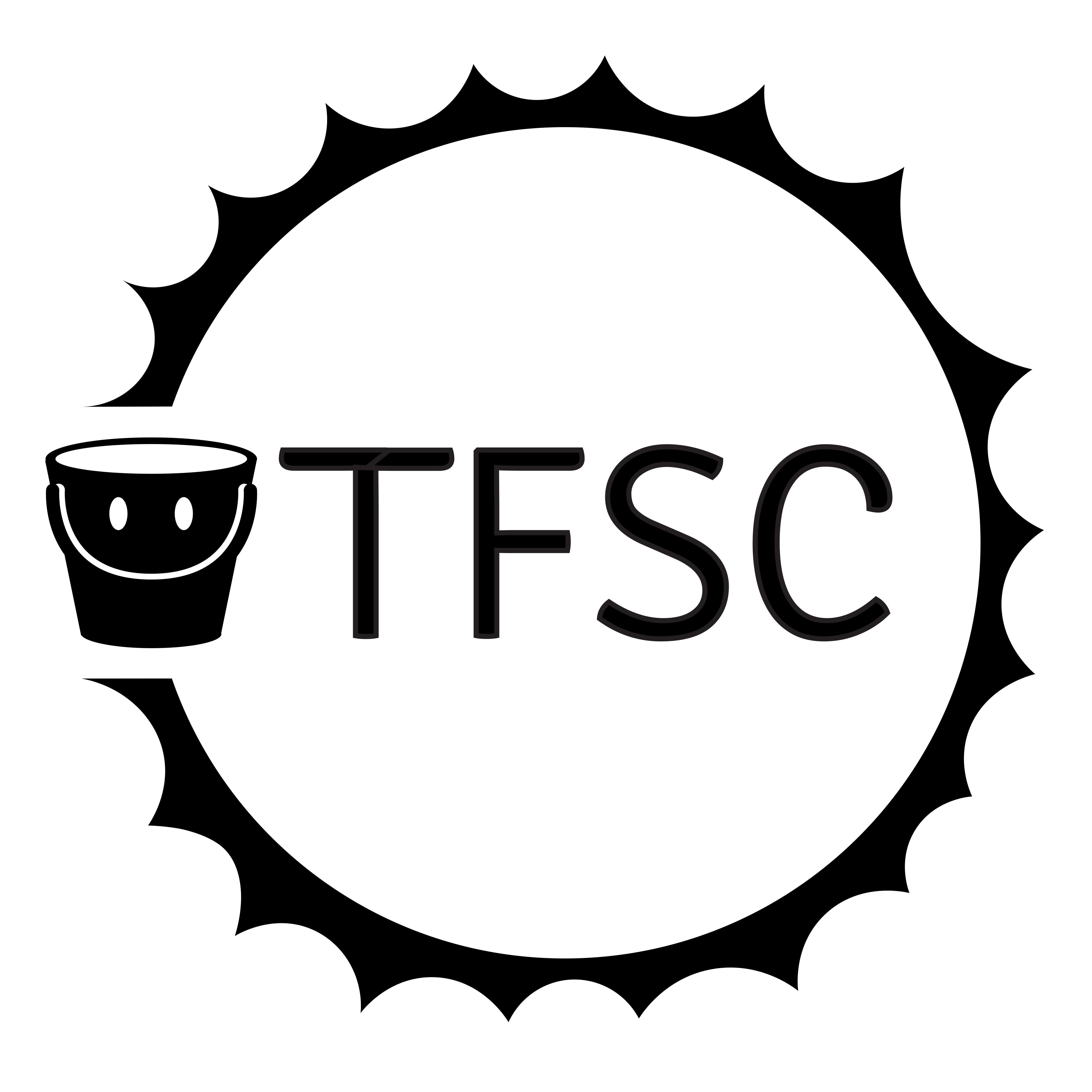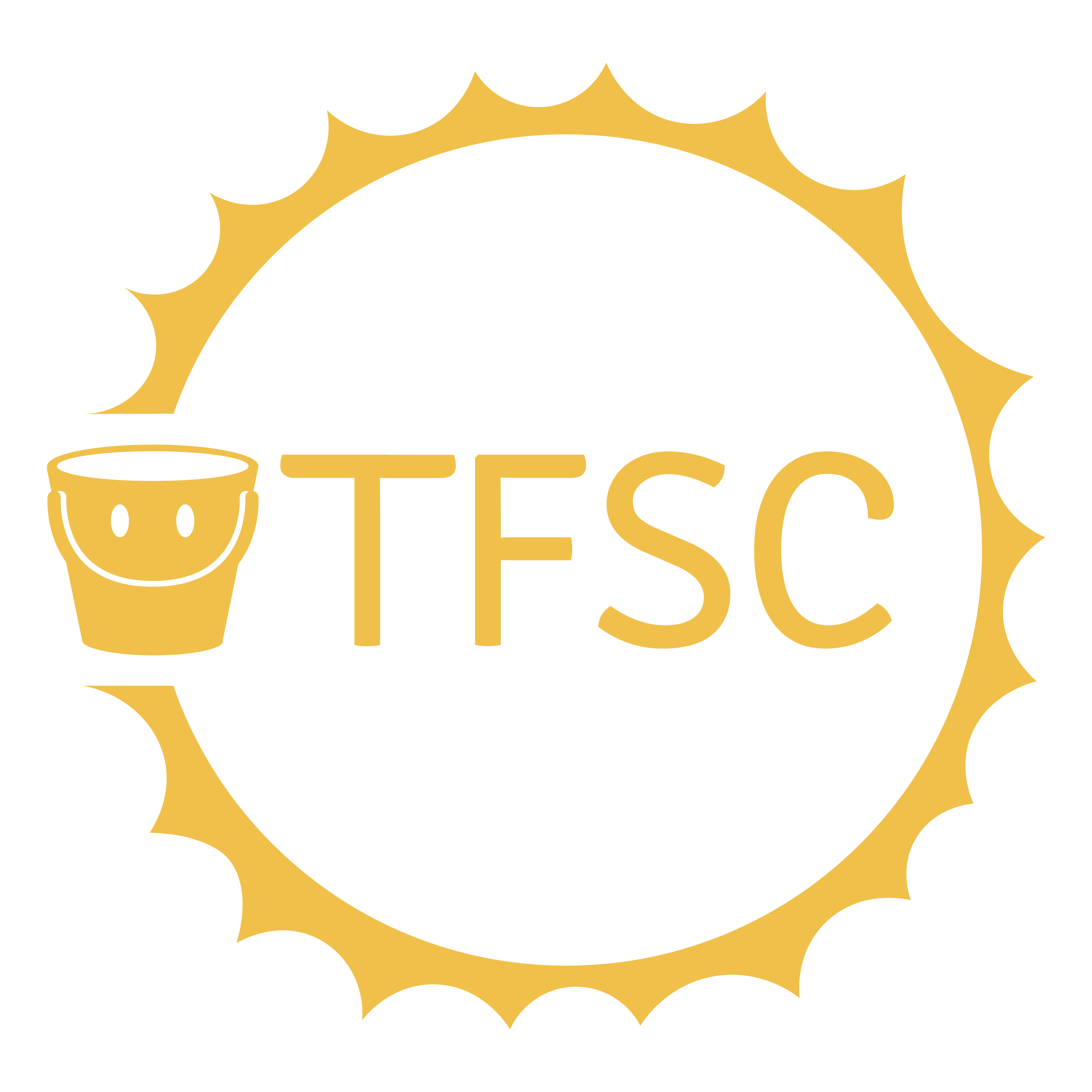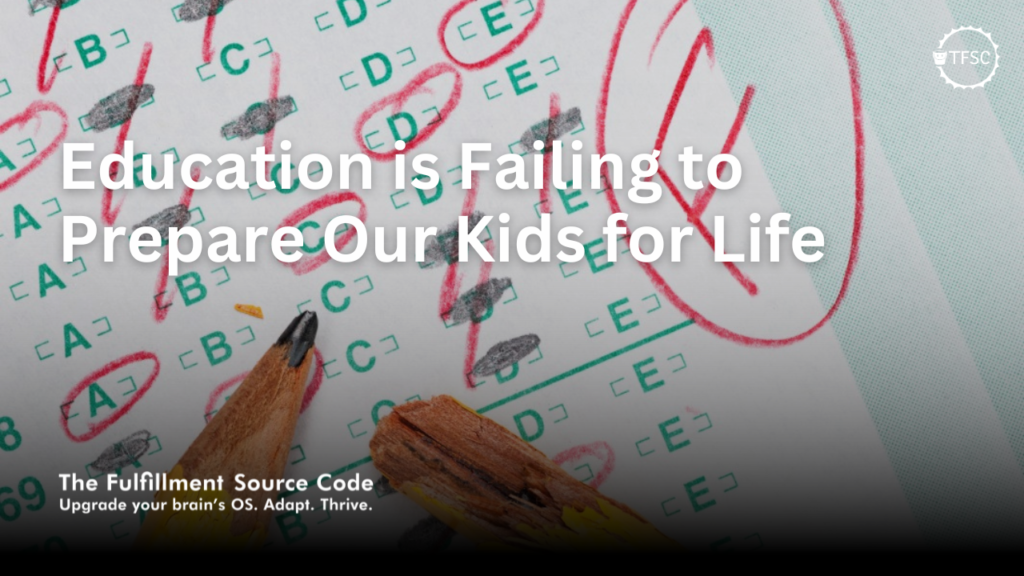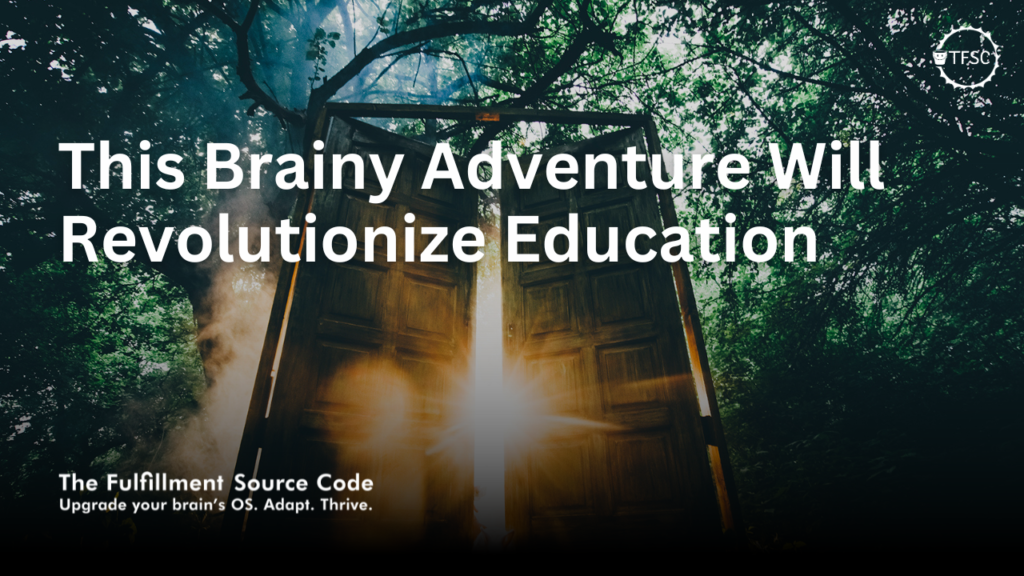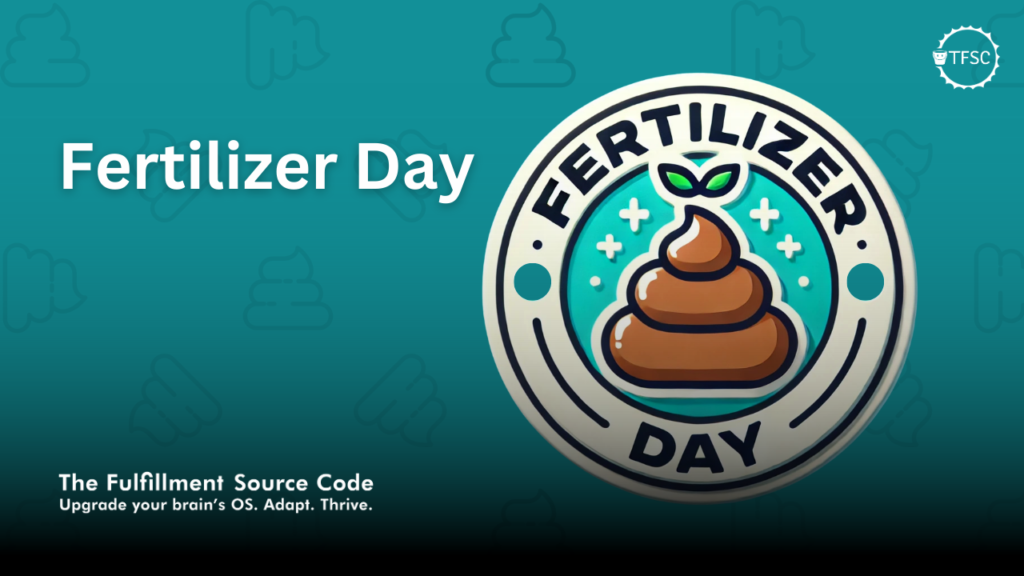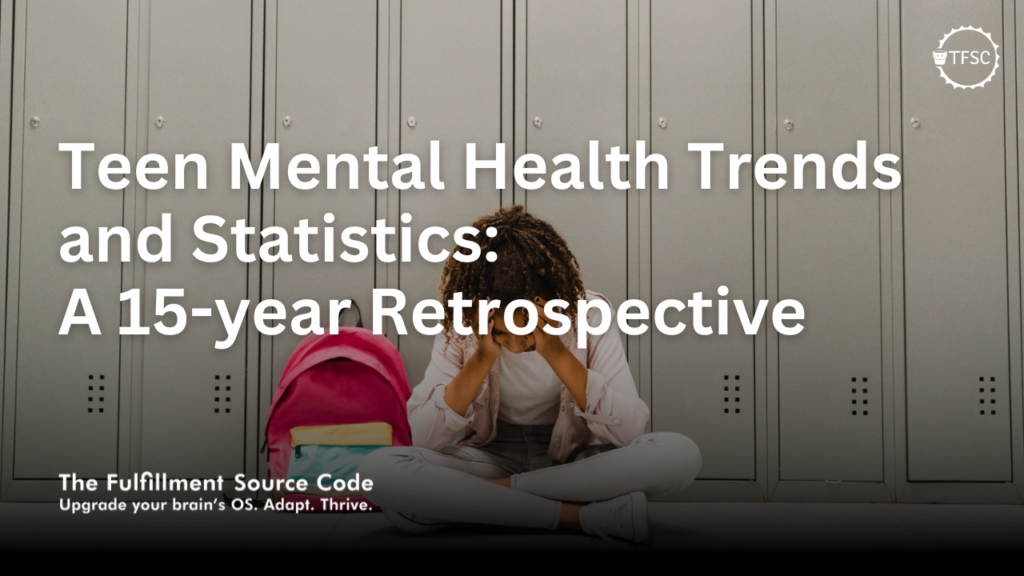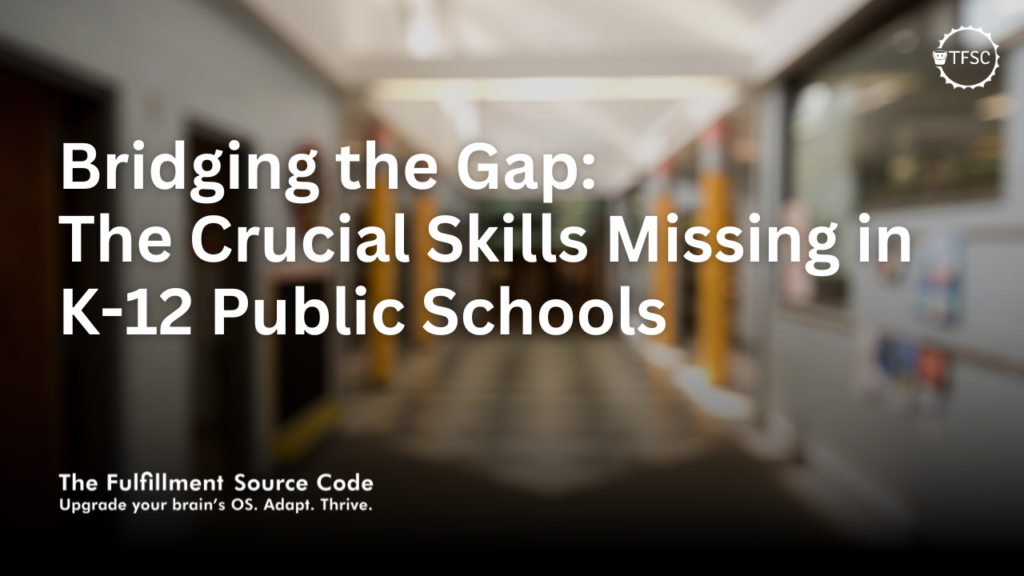TFSC: Addressing Diversity, Equity, Inclusivity, and Children with Special Needs
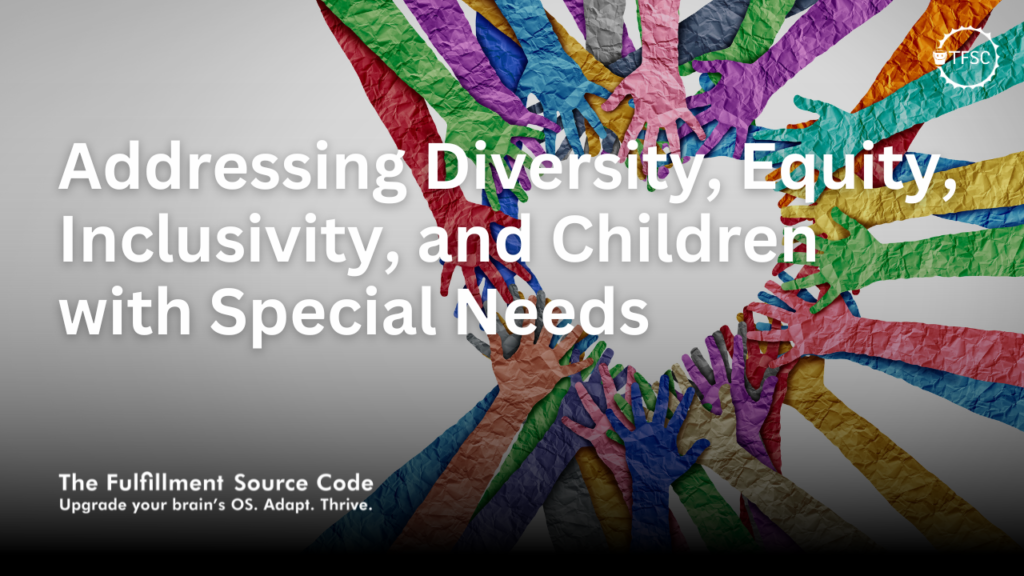
Introduction
The Fulfillment Source Code (FSC) is an innovative educational program designed to equip tweens with crucial real-life skills to thrive, in all areas of life. Our primary objective is to promote a holistic understanding of the self and how it interacts with others and the world, addressing key areas of life that traditionally receive little attention in standard curriculums. These include, but are not limited to, a better understanding of the brain, mind and body (eg. neuroplasticity, cognitive biases, the gut biome), and various environmental and lifestyle factors that they can influence, positively or negatively, that in turn, influence mental and physical well-being.
Importantly, at FSC, we recognize and emphasize the critical role of diversity, equity, and inclusivity in education. We believe every student should have access to empowering education, irrespective of their background or abilities. Moreover, we are committed to catering to the needs of children with special needs, ensuring that our content is adaptable and relevant to all (Meyer, Rose, & Gordon, 2014).
Design Principles of the FSC Course and Adventure Format
At the heart of the FSC course is a focus on the fundamental “WHYs” that all humans share. These universal truths stem from our common physiological and brain-based characteristics, underscoring our shared humanity (Immordino-Yang, 2016).
Our course content addresses vital concepts such as neuroplasticity – the brain’s ability to reorganize itself by forming new neural connections throughout life (Doidge, 2015). We also delve into cognitive biases, which can influence our perceptions and decision-making processes (Kahneman, 2011).
Further, the FSC course acknowledges the influence of the gut biome on mental and physical health, aligning with recent findings indicating a strong gut-brain connection (Cryan & Dinan, 2020). This understanding (along with many others) helps students recognize the importance of lifestyle factors, including sleep, nutrition, exercise, and social engagement, on their overall well-being (Walker, 2017; Pollan, 2018; Ratey & Hagerman, 2013). In short, the various factors and actions, they have some influence over that influence themselves and others.
Our Adventure Format stands out as a unique strength. It offers structure to ensure a, engaging and easy-to-deliver, well-rounded educational experience while allowing adaptability to accommodate local contexts and individual needs. This balance empowers local facilitators to modify the course delivery, making it more relevant and impactful for their specific audiences (Tomlinson & Imbeau, 2010).
Addressing Diversity, Equity, and Inclusivity
The FSC course is built on the premise of universal human truths, highlighting our shared experiences while also respecting and acknowledging our differences (Nieto & Bode, 2018). Our content is designed to be applicable to all, celebrating both the similarities and unique differences among us.
Local facilitators play a vital role in our approach, incorporating specific cultural references and experiences to ensure a deeper connection with the content. This way, students can see themselves reflected in the material and feel a sense of belonging (Gay, 2010).
We are committed to reaching underserved communities and are acutely aware of the challenges in making the adventure 100% suitable for everyone. While we strive to create universally relevant content, we recognize that local context and personal experiences must be factored into the learning process for true inclusivity (Banks, 2019).
Adapting the FSC Course for Children with Special Needs
The Adventure Format’s flexibility is a key advantage when it comes to catering to children with special needs. While 95% of the ‘course work’ is dones, local facilitators can easily adapt the course delivery to suit individual requirements, ensuring that every child benefits from our program (Florian, 2014).
However, we acknowledge that there are instances where our course might not fully meet the needs of every child. In such cases, we are open to collaborations with organizations that focus on specific needs to enhance the course further. This approach aligns with the principles of inclusive education, where partnerships and collaborations are key to addressing the diverse needs of all learners (Odom, Buysse, & Soukakou, 2011).
Recent Studies Supporting the FSC Approach
Recent research validates the effectiveness of the FSC approach. The emphasis on universal human ‘WHYs’ aligns with the findings of Deci and Ryan (2012), who highlight the universal applicability of Self-Determination Theory across different cultures.
Our focus on cognitive biases and neuroplasticity resonates with the work of Dweck (2008) on growth mindset, underscoring the importance of understanding that abilities and intelligence can be developed.
The FSC’s commitment to integrating considerations of mental and physical health, including the impact of sleep, nutrition, and exercise, is supported by the holistic health model proposed by Seligman (2011) in his work on positive psychology.
Finally, the flexible and adaptable nature of the Adventure Format finds support in the work of Tomlinson and McTighe (2006) on differentiated instruction, which emphasizes the need for curriculum to be adaptable to different learning styles and needs.
Conclusion
The Fulfillment Source Code course is committed to embracing and promoting diversity, equity, and inclusivity, while also ensuring that it caters effectively to children with special needs. Our universal design principles and flexible Adventure Format underscore this commitment, as does our openness to collaborating with other organizations that focus on specific needs.
We appreciate the opportunity to present our course and its principles to the board and are open to feedback, suggestions, and opportunities for collaboration as we continuously strive to enhance our course and its positive impact on the lives of young learners.
Sources & References
Cryan, J. F., & Dinan, T. G. (2020). “Mind-altering microorganisms: the impact of the gut microbiota on brain and behaviour.” Nature Reviews Neuroscience, 13(10), 701-712.
Doidge, N. (2015). The Brain’s Way of Healing: Remarkable Discoveries and Recoveries from the Frontiers of Neuroplasticity. Viking.
Immordino-Yang, M. H. (2016). Emotions, Learning, and the Brain: Exploring the Educational Implications of Affective Neuroscience. W. W. Norton & Company.
Kahneman, D. (2011). Thinking, Fast and Slow. Farrar, Straus and Giroux.
Meyer, A., Rose, D. H., & Gordon, D. (2014). Universal design for learning: Theory and practice. CAST Professional Publishing.
Pollan, M. (2018). How to Change Your Mind: What the New Science of Psychedelics Teaches Us About Consciousness, Dying, Addiction, Depression, and Transcendence. Penguin Press.
Ratey, J. J., & Hagerman, E. (2013). Spark: The Revolutionary New Science of Exercise and the Brain. Little, Brown Spark.
Banks, J. A. (2019). Cultural Diversity and Education. Routledge.
Florian, L. (2014). The SAGE Handbook of Special Education. SAGE.
Gay, G. (2010). Culturally Responsive Teaching: Theory, Research, and Practice. Teachers College Press.
Nieto, S., & Bode, P. (2018). Affirming Diversity: The Sociopolitical Context of Multicultural Education. Pearson.
Odom, S. L., Buysse, V., & Soukakou, E. (2011). “Inclusion for young children with disabilities: A quarter century of research perspectives.” Journal of Early Intervention, 33(4), 344-356.
Deci, E. L., & Ryan, R. M. (2012). Self-Determination Theory. Guilford Press.
Dweck, C. S. (2008). Mindset: The New Psychology of Success. Ballantine Books.
Seligman, M. E. P. (2011). Flourish: A Visionary New Understanding of Happiness and Well-being. Free Press.
Tomlinson, C. A., & McTighe, J. (2006). Integrating Differentiated Instruction & Understanding by Design. ASCD.
